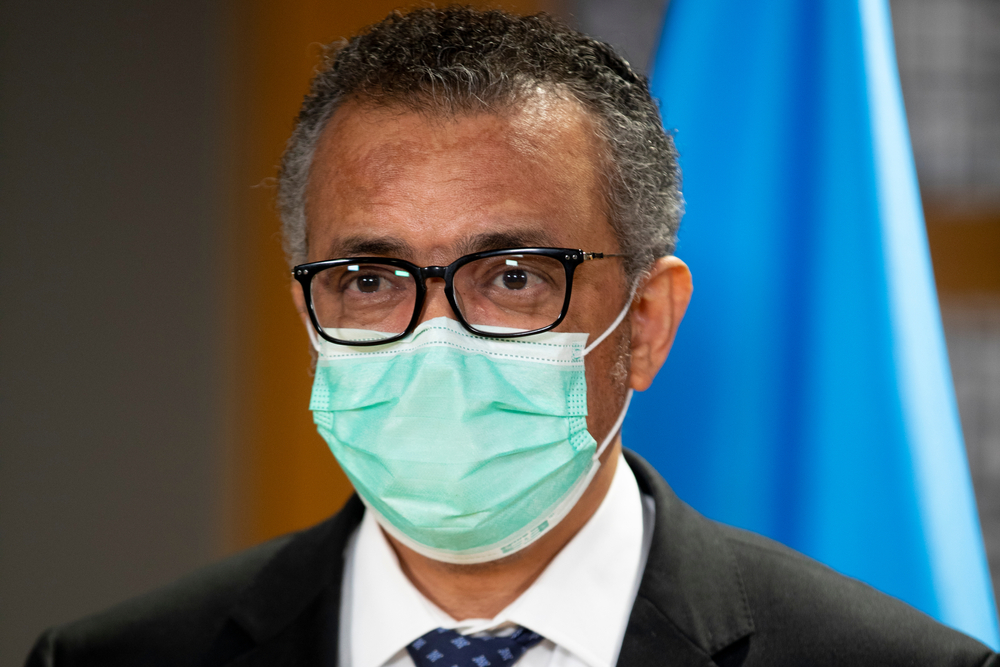WHO Sounds the Alarm After 10,000 Covid-19 Deaths.
Others are reading now
Last December, nearly 10,000 deaths due to COVID-19 were reported worldwide. “This number is not acceptable,” even though it is “far lower than the pandemic’s peak,” stated the president of the World Health Organization (WHO) during a press conference held this Wednesday in Geneva according to Washington Post.
The head of the United Nations health agency believes that some of these deaths could have been avoided with more precautions.
An Increase in Hospitalizations “Although COVID-19 is no longer a global health emergency, the virus continues to circulate, mutate, and kill,” stressed Tedros Adhanom Ghebreyesus.
According to him, data from several sources have revealed an increase in virus transmission during December. This rise can be attributed to year-end celebrations and the gatherings they generated, as well as the JN.1 variant, currently the most frequently reported globally.
Also read
However, the virus remains virulent, even if sometimes unnoticed. Apart from the deaths reported last month, WHO observed a 42% increase in hospitalizations and a 62% rise in intensive care unit admissions in December compared to the previous month.
These figures, according to the WHO president, are based on data from less than 50 countries, mostly European or from the Americas. “It is certain that there are increases in other countries that are not reported,” he noted.
A Message to Governments
“Just as governments and individuals take precautions against other diseases, we must all continue to do so against COVID-19,” insisted Tedros Adhanom Ghebreyesus. He then urged governments to maintain surveillance and sequencing of the virus and to ensure access to affordable and reliable tests, treatments, and vaccines.
“We also continue to call on individuals to get vaccinated, to get tested, to wear masks if necessary, and to ensure that crowded indoor spaces are well ventilated,” said Tedros Adhanom Ghebreyesus, who had stated last May that the end of COVID-19 as an international public health emergency was a priority.


